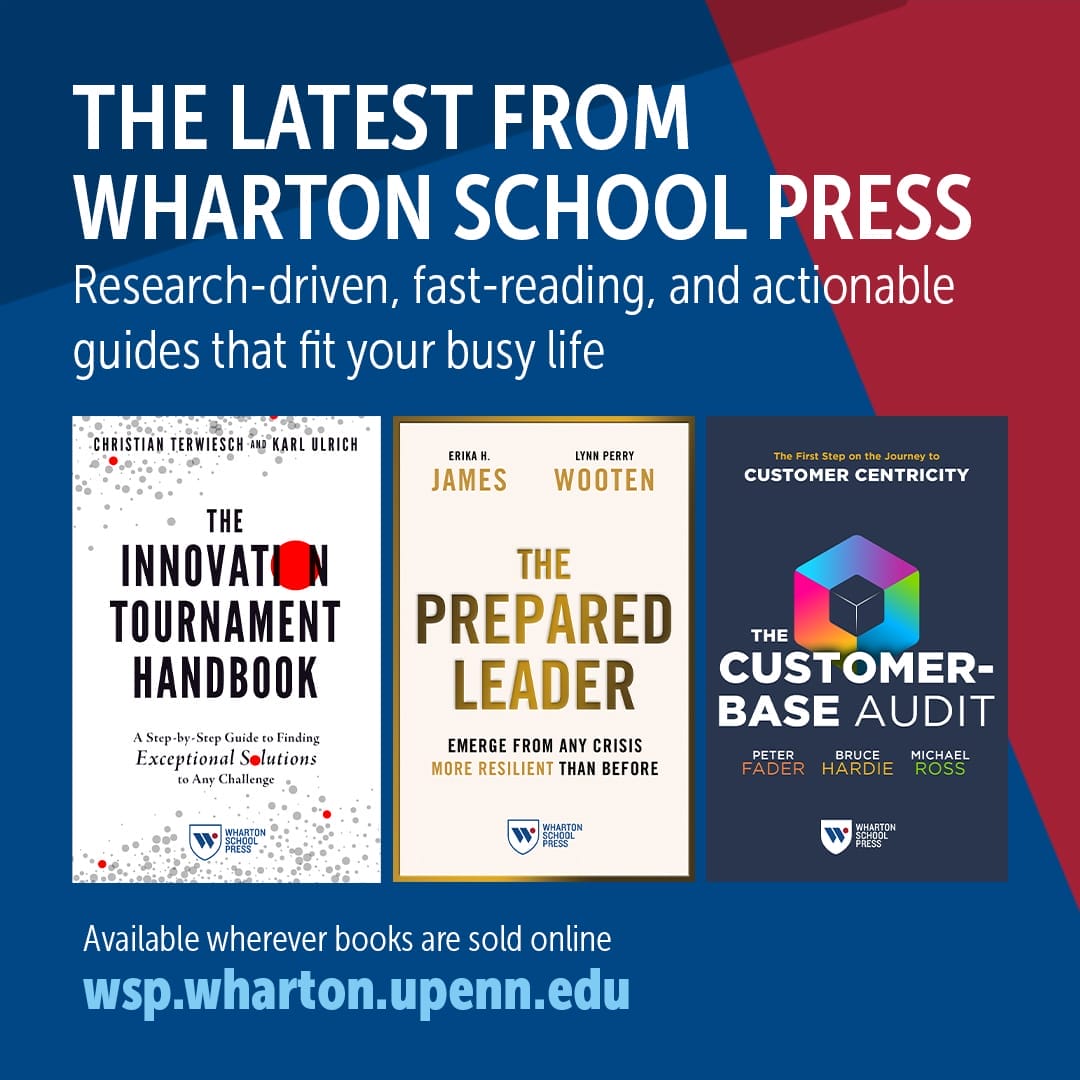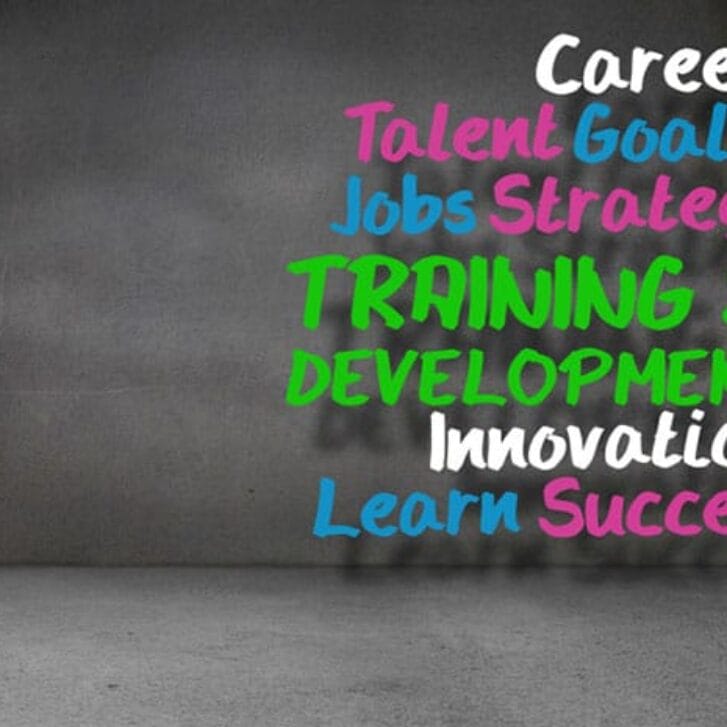I decided to go to business school in 1982 to learn the nuts and bolts of business. I had majored in Classics at Stanford and thought a Wharton MBA would send a strong signal to potential employers that I was a quant, not a poet. It turned out, of course, that my classmates at Wharton were not just a bunch of quants. They were dynamic, smart, interesting and well-rounded individuals, many of whom already had significant work experience. I learned as much from some of my classmates as I did from my professors.
So it’s hard to explain why I haven’t kept up with Wharton or most of my friends since graduating in 1984. Work, marriage, kids, leaving work to stay home with children … I have lots of excuses. Of course, the longer I stayed out of touch, the harder it was to reconnect. Fortunately, I have recently discovered that it’s never too late, even for someone who graduated 30 years ago, and you don’t even have to go back to Philadelphia to reconnect. Thanks to some chance meetings at a pre-30th Wharton MBA Reunion cocktail party in Manhattan, I am plugging back into the Wharton network. In other words, I have just begun my Wharton postgraduation education.
In the process, I am beginning to discover the resources offered to alumni by Wharton MBA Career Management. Are you striving to fulfill your career potential? Trying to relaunch your career after taking a break? Looking to change fields after many years in one industry? Do you want to make a job change to find better work-life balance? Wharton MBA Career Management can offer its dedicated services to the highest caliber of alumni in these scenarios and more. Wharton recognizes the wide-ranging needs of its alumni; there are even specific resources targeted to career relaunchers, such as myself.
For many alumni who are starting over or redirecting their career, an important first step is Career Leader, a business-focused online career assessment tool offered at a discount to Wharton alumni. Career Leader enables alumni to examine their interests, motivators, skills and weaknesses to focus their search.
Alumni can also take advantage of complimentary career coaching sessions in-person, over the phone or via Skype. Wharton counselors held over 600 sessions with alumni in the past year.
Other resources include dedicated job boards, online research through Lippincott Library, faculty talks, webinars, Wharton Executive Education courses and Wharton Lifelong Learning.
And, of course, networking. Even if you, like me, have not kept up with your classmates, WhartonConnect can provide ties to Wharton’s network of 93,000 alumni.
According to Cara Costello, director of alumni services with MBA Career Management, “The Wharton network is our most valuable tool. Networking can sometimes be daunting, but Wharton can provide direction, support and tactical, tangible assistance.”
My own experience—leaving my career to stay home with children—poses special challenges. Luckily, I have learned. It is never too late to pursue your postgraduate Wharton education:


























